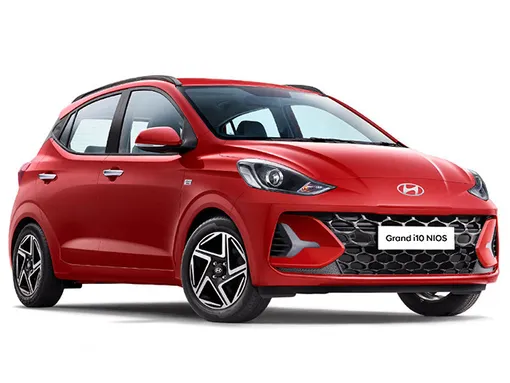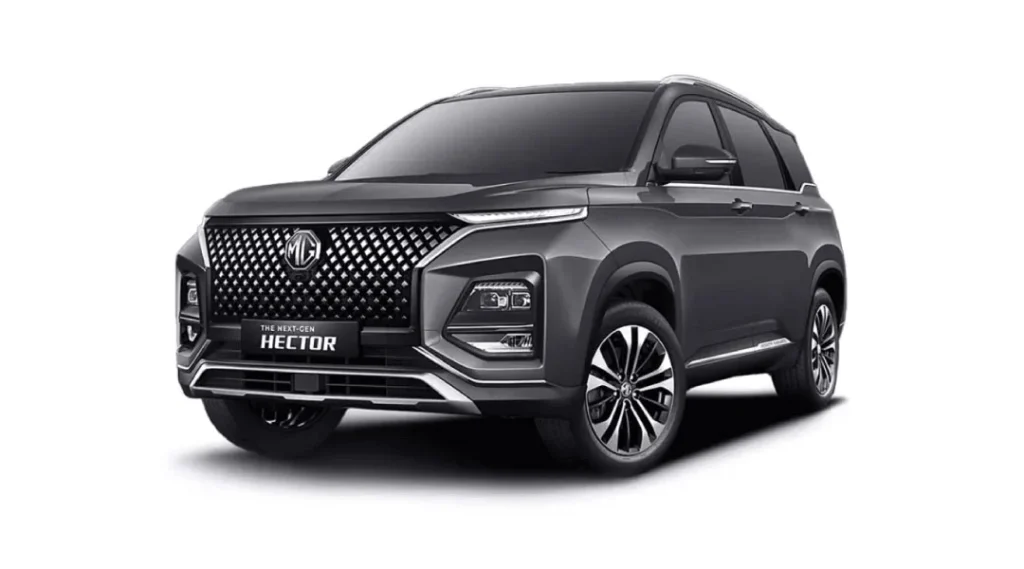Buying a car is exciting but confusing. Should you choose a small hatchback or bigger SUV? Here’s a practical guide to help you decide with budget, safety, comfort, and lifestyle in mind.
Table of Contents
Introduction: Small Hatchback or Bigger SUV
Buying a car is not just about choosing a vehicle; it’s about selecting a companion for your daily life. Whether you’re looking at a small hatchback for city commutes or a bigger SUV for family trips, the decision needs careful thought. Beyond the looks and brand, you should weigh factors like budget, safety, comfort, running costs, and practicality. This article will walk you through the essential things to consider before deciding between a compact hatchback and a spacious SUV.
Budget and Total Cost of Ownership
Initial Price and EMI
Your budget plays the most critical role. Small hatchbacks generally come with a lower price tag and lower EMIs, making them more accessible. SUVs, on the other hand, cost mo
re upfront but may offer long-term advantages in terms of comfort and space.
Hidden Costs
Don’t just focus on the ex-showroom price. Consider registration, insurance, road tax, and accessories. Maintenance costs are also higher for SUVs compared to hatchbacks. Over a five-year span, these hidden costs can make a big difference.
Where and How You Drive
City Driving
If you live in a crowded city with narrow lanes and limited parking, a small hatchback is far easier to manage. It offers better maneuverability and saves time in heavy traffic.
Highway and Long Drives
For people who travel long distances or take frequent road trips, SUVs provide better stability at high speeds, more luggage space, and higher ground clearance to handle uneven roads.
Space and Comfort
Passenger Capacity
A hatchback is ideal for small families or singles. However, if you often travel with four or more passengers, an SUV ensures more legroom, shoulder space, and overall comfort.
Boot Space
Planning weekend trips or carrying luggage regularly? SUVs offer generous boot space compared to hatchbacks, where storage is usually limited.
Safety Considerations in Small Hatchback or Bigger SUV
Build Quality and Features
SUVs often come with sturdier build quality and advanced safety features like multiple airbags, ABS, ESC, and traction control. Hatchbacks today also include many safety technologies, but SUVs generally have an edge in crash protection due to their larger size and structure.
Ratings and Real-World Data
Check Global NCAP or equivalent crash-test ratings before making a purchase. Remember, size alone doesn’t equal safety. Some hatchbacks score higher in safety tests than poorly built SUVs.

Running Costs
Fuel Economy
Hatchbacks are usually more fuel-efficient, making them perfect for daily office commutes. SUVs consume more fuel due to their bigger engines and heavier bodies. However, newer compact SUVs now offer better mileage with hybrid or turbo-petrol options.
Insurance and Service
Insurance premiums and routine servicing charges are generally lower for hatchbacks. SUVs require higher maintenance and costlier spare parts. If your budget is tight, this should weigh into your decision.
Features and Technology
Essentials vs Extras
Make a list of must-have features: air conditioning, reliable infotainment, and basic safety. Then look at extras like sunroofs, leather seats, or advanced driver assistance. SUVs usually pack more features, but many modern hatchbacks also offer premium amenities within a lower price bracket.
Future-Proofing
Connectivity features like Android Auto, Apple CarPlay, and rear-view cameras are common now. Think about what matters most for your lifestyle. Spending more for features you won’t use is not wise.
Resale Value and Brand Reliability
Resale Dynamics
Compact hatchbacks generally have consistent demand in used-car markets, especially in cities. SUVs may depreciate faster depending on the brand, although popular models from trusted companies can still command good resale value.
After-Sales Service
Always check the service network of the brand. A wide network ensures easier access to affordable spare parts and timely repairs.

You can also read : Alto 800 2025 New Model Launched with Bold Look and 33 km/l Mileage
Making the Right Choice
When to Choose a Hatchback
- You live in a city with tight parking.
- Your budget is limited.
- You need high mileage for daily commutes.
When to Choose an SUV
- You often travel with family or long distances.
- You want comfort and extra safety features.
- You need more boot space and higher ground clearance.
Conclusion
The choice between a small hatchback and a bigger SUV comes down to your lifestyle, driving conditions, and financial comfort. Hatchbacks are affordable, fuel-efficient, and perfect for city life. SUVs bring more comfort, safety, and space for families and long drives. Before finalizing, test drive at least two models in each category, calculate the long-term costs, and pick the one that fits your needs, not just your dreams.
